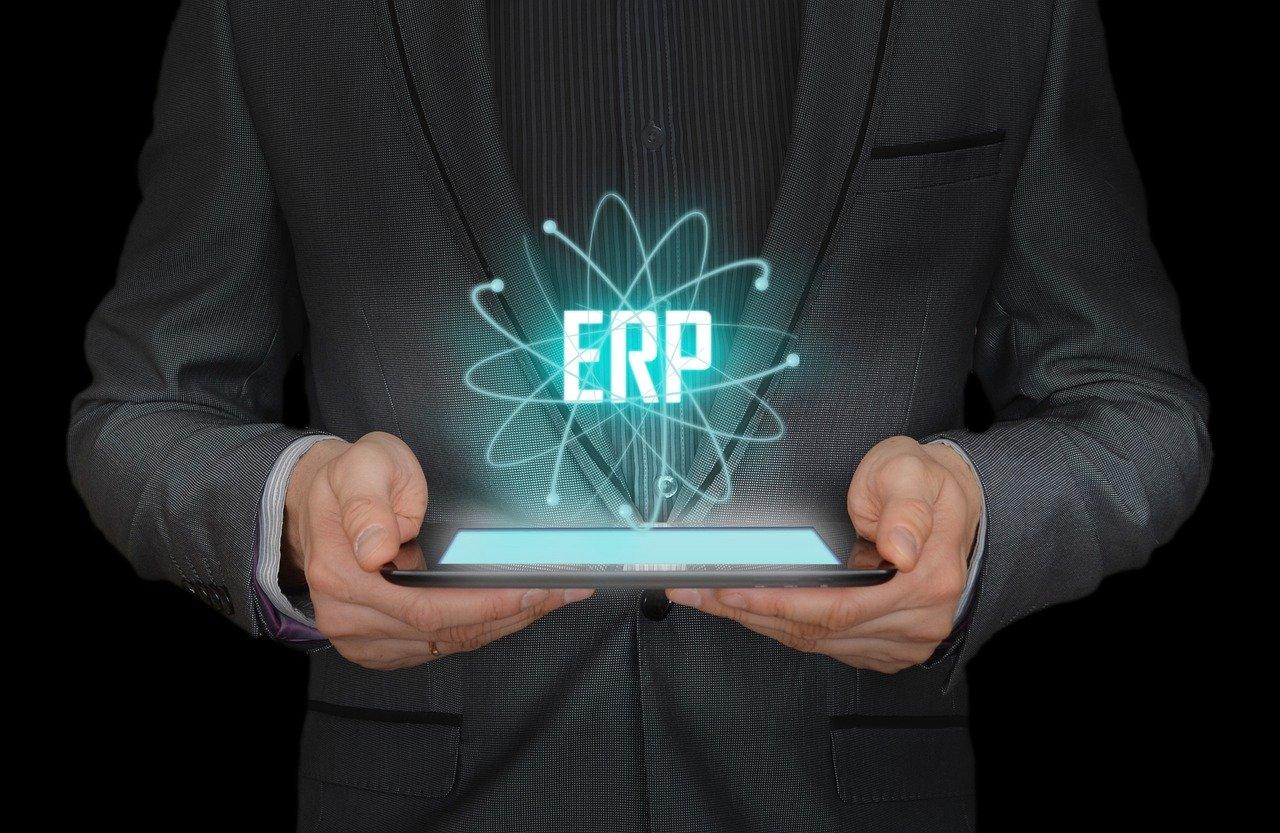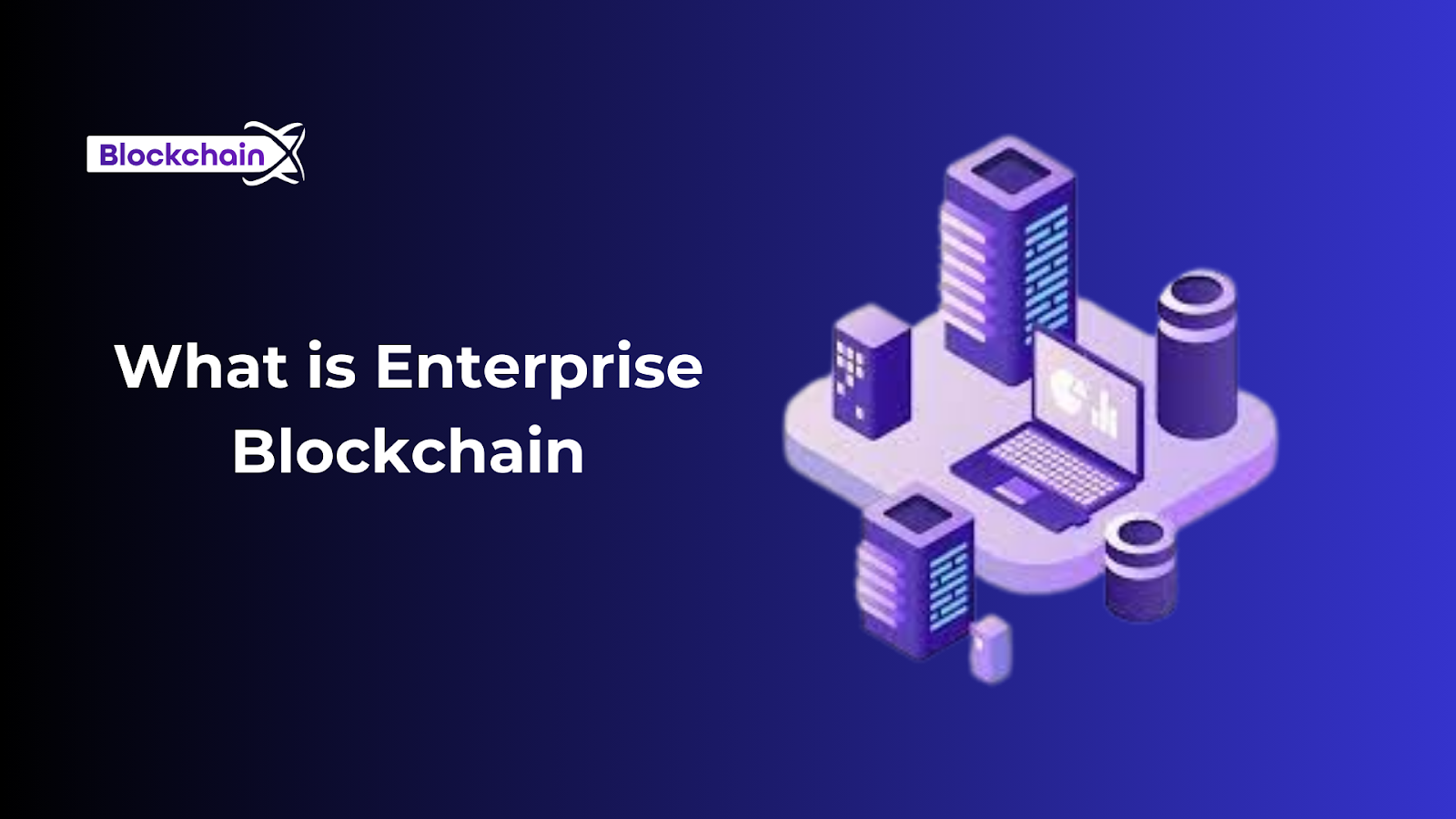Cloud Enterprises resource planning (ERP) has become the key to enterprises’ progress. The encouragement of digitalization, paperless transactions, real-time information, and security enhancements have led enterprises of all sizes to consider and invest in Cloud-Based ERP Systems. The growing popularity of Cloud ERP solutions also supports the arrival of Industry 4.0 by better abilities as on-premises systems. From finance and HR to production and marketing, cloud ERP Implementation is transforming every enterprise area and offering flawless, instantaneous, and efficient work.
Cloud is one of the most predominant transformative technologies changing the working culture in the industries. Cloud Based ERP Systems impeccably manages the challenges based on profit margins, customer demand, manufacturing, quality, sales, and other aspects.
Some of the many reasons manufacturers switch to the cloud are its ability to manage most IT work and assurance of omnipresent data. It allows employees to focus on other important tasks and work from anywhere and everywhere.
Cloud-based ERP systems are in high demand. It is due to their capacity to access and analyze large amounts of data in real time. Therefore, ERP helps minimize the cost of hiring IT personnel for physical server installation and maintenance. Cloud ERP, in many ways, contributes to digital transformation. This article, therefore, aims to walk you through some of these major transformations.
Cloud-based ERP Systems Introducing Digital Revolutions
- Superior Data Security- The cloud offers a data isolation design that allows rapid data access and security. ERP also provides layered security to secure data.
- Enables Interoperability- Cloud ERP enhances organizational connectivity. Numerous Departments can collaborate with cloud ERP and offer team members access to a single data source. Cloud ERP can integrate with other applications as well.
- Personalized Configurability- Cloud ERP facilitates you to perform personalized configuration on the system based on your company’s needs. Cloud ERP can be customized in terms of collaboration techniques, procedures, and documentation.
- Offers Analytics- With Cloud ERP, you will get complete analytics to determine the functioning of different parts of the work. In addition, it enables you to try different estimated results to help forecast. Also, its key performance indicators (KPI) can be used to track regular activities, quality, course durations, and others.
- Compatibility and Affordability- Cloud ERP offers systems to be fully on the cloud, thereby allowing the company to free up onsite space and save resources. The organizations, therefore, can have affordable operations. Also, in terms of upkeep and updates, Cloud ERP, unlike traditional onsite ERP, is a budget-friendly operation.
- Reliability and Productivity- Since cloud ERP is a vendor-based service, it offers services almost all the time. These services are run by organizations having skills and specialization in ERP. In addition, features offered by Cloud ERP, including work from anywhere, enhance productivity by easing the shareability of different ideas, knowledge, and plans from anywhere.
What are the Latest trends Associated with Cloud-based ERP Systems?
ERP systems have become more pervasive in a variety of company domains, ranging from e-commerce and sales force automation (SFA) to accounting and human resources (HR). Without a doubt, businesses rely on ERP for its advantages, which include cost reduction through the elimination of pointless work and the automation of laborious procedures. ERP gives staff members access to vital data, empowering them to decide more quickly and intelligently.
Over time, ERP solutions developed and integrated contemporary technologies to enable more extensive processes. Businesses have also discovered them to be more trustworthy and deserving because of enhanced planning, more accuracy, and better management performance.
Additionally, distinct ERP trends are leading in various industries; the main trends that are expected to dominate this year are expressed below.
Cloud ERP:
Since cloud ERP offers advantages such as smooth deployment, flexibility, cheap prices, modern functionality, easy accessibility, and more for better business growth, organizations are selecting it over previously preferred on-premises ERP software.
Another factor that has made cloud ERP popular is the outbreak of a pandemic. Employees can work remotely from any location with an internet connection, thanks to cloud-based apps. Furthermore, cloud ERP has become an indispensable part of businesses thanks to its fundamental operations and sophisticated capabilities.
Two-Tier ERP:
The two-tier ERP is expected to be one of the biggest developments. A two-tier strategy, as opposed to the one-size-fits-all approach and the single ERP system utilization for the headquarters, allows organizations to retain the investment in their current ERP systems at the corporate level as tier 1, while also allowing their subsidiaries and divisions to operate with a different cloud-based ERP solution. The businesses may handle their unique needs and handle fundamental procedures and financials using their main ERP system. Numerous advantages are linked to this strategy, including seamlessness, adaptability, and cost.
Transformation Digital:
The term “digital transformation” describes how digital technology is incorporated into business processes to improve everyday operations. This strategy boosts revenue and maintains competitiveness while boosting worker productivity and improving customer service.
Starting with ERP is the best course of action because it usually finds its way into most organizational areas. A digital transformation also includes integrating ERP with IoT devices, implementing AI, and utilizing advanced analytics.
Individualization:
A low-code platform for easy configuration is called Cloud ERP. Furthermore, there are other ERP options available that are customized to meet the demands of industries. ERP solutions are necessary for businesses to provide appropriate and customized client experiences. ERPs with capabilities such as programmable dashboards and AI-based conversational and effective user interfaces, including chatbots, are highly in demand.
Advancements Driven by Artificial Intelligence:
AI and machine learning-infused ERP is one of the biggest trends. They are in charge of meeting the growing need for personalization and contributing to the enhancement of numerous business processes. While some businesses integrate AI features into ERP systems, many ERP programs now come with built-in features and functionalities.
Significant advantages, including enhanced processes and more insights, are also provided by AI-based ERP.
Mobile ERP:
Since mobile apps are increasingly common, ERP vendors also provide mobile support. The ERP solution facilitates employees’ ability to do both front-end and back-end duties from anywhere between the retail checkout terminal and the warehouse floor by providing them with mobile access to relevant business data. These applications’ user-friendly interfaces enable users to accomplish the work, including time tracking, call logging, and status examination of workflows, without requiring a desktop.
What does the future hold?
The world is witnessing technological innovations almost every day. Undeniably, cloud ERP holds great potential in the future. With time, cloud ERP has become a backbone for IoT, Blockchain, machine learning, artificial intelligence, augmented reality, and others by making them work smoother and more swiftly.
The demand for cloud ERP is expected to increase in the coming time owing to its numerous benefits. Cloud ERP is further expected to witness advancements, including the utilization of modern languages and architecture. The future is expected to bring choices and options to modify ERP products based on technological requirements. Vendors are expected to continue manufacturing user-friendly solutions and productivity tools.
To conclude-
Cloud ERP is indeed turning out to be a beneficial base step for companies. It is the future of the digital revolution. The change in working structure in different companies, especially after the rise of COVID-19, has led to an increasing demand for interoperability, which has further boosted the importance of cloud ERP. Cloud ERP intends to offer numerous advantages and enhance the productivity of the organization.
The future of cloud ERP, moreover, will depend on interconnectivity, machine learning, automation, and real-time data. It has provided best-in-class software infrastructure and is expected to offer even better solutions in the coming time. Its cost efficiency and fewer complexities make it more reliable for organizations. Moreover, further technological enhancements and solutions in cloud ERP are expected to intensify the user experience, provide satisfactory services, and boost productivity for the organizations.



